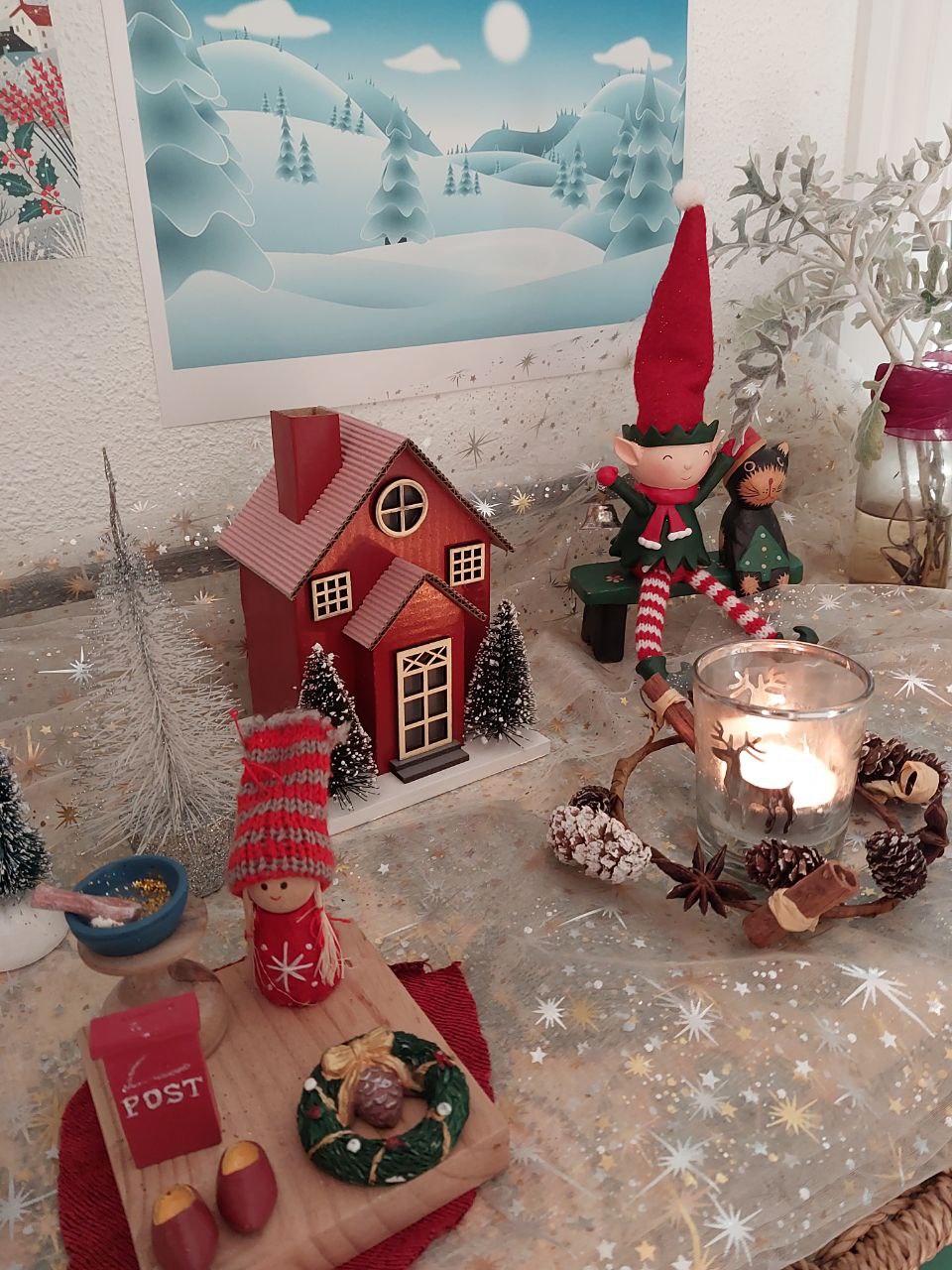 Here is a bunch of ideas to help you keep learning English during the holiday.
Here is a bunch of ideas to help you keep learning English during the holiday.
All Christmas-related!
Pick and choose what you like most, and have fun.
Happy Holidays to you all!
Continue reading “Learning English with Christmas Activities”
 Here is a bunch of ideas to help you keep learning English during the holiday.
Here is a bunch of ideas to help you keep learning English during the holiday.
All Christmas-related!
Pick and choose what you like most, and have fun.
Happy Holidays to you all!
Continue reading “Learning English with Christmas Activities”
 Learn
Learn
4 phrasal verbs
in the context of this song:
“Somebody That I Used To Know”
by Gotye
(feat. Kimbra) Continue reading “Phrasal Verbs and Songs: Somebody That I Used To Know”
 A question for Spanish speakers:
A question for Spanish speakers:
Can you think of a verb in English that has all these meanings?
correr (cortinas)
llegar (conclusión)
atraer (atención)
provocar (reacción)
arrastrar (trineo)
sacar (dinero del cajero)
empatar (un partido)
dibujar
 A yummy and fun way to put an end to the course with the little ones.
A yummy and fun way to put an end to the course with the little ones.
You will need a food processor to blend the ingredients into a creamy texture.
Additionally, you will need something to spread on: it could be toast, crackers or sponge cake.
Continue reading “Simple home-made chocolate hazelnut spread”
 Do you find the use of these suffixes confusing?
Do you find the use of these suffixes confusing?
That makes two of us.
Not long ago, I published two posts dealing with some of the differences between historic/historical and classic/classical. In this post, I’ll deal with other common words ending with the suffixes -ic and -ical.
Botanic and botanical
Magic and magical
Comic and comical
Electric and electrical
Economic and economical Continue reading “Botanic or botanical? (More on suffixes: -ic and -ical)”
 Chaos
Chaos
Foreigner
Decision
Government
Do you know how to pronounce these words?
If you don’t, keep reading….
As my students know, I’m a great believer in the power of self-study. The activity I’m presenting today comes from material I use in class but you can also use it by yourself at home.
A pre-requisite is that you need to be familiar with the pronunciation chart. If you aren’t yet, you can learn it by yourself or book some classes with a teacher. I encourage you to do that if you want to acquire an invaluable tool to improve your pronunciation over time. It may take a while, but it’s not as hard as it seems. Continue reading “20 words that you may be mispronouncing”
 Calming effect
Calming effect“At the end of a stressful week,
the absolute silence in the snowed forest
had a calming effect on her.”
(also soothing effect)
Continue reading “ADJECTIVE COLLOCATIONS WITH THE WORD: EFFECT”

X “He explained us why he didn’t agree with the proposal.”
Clue: What preposition would you need after explained?
Key: explain to somebody.
√ “He explained to us why he didn’t agree with the proposal.”